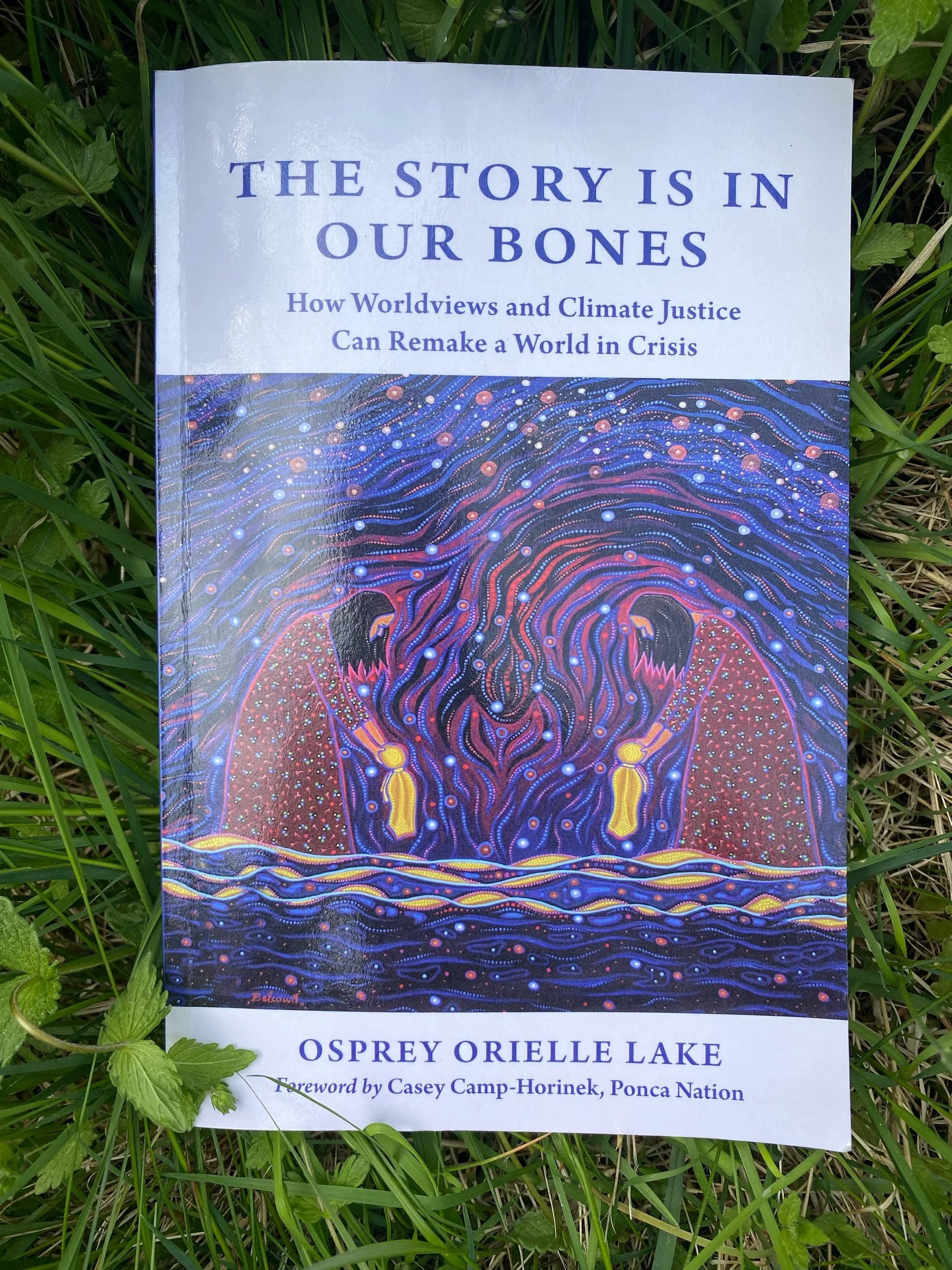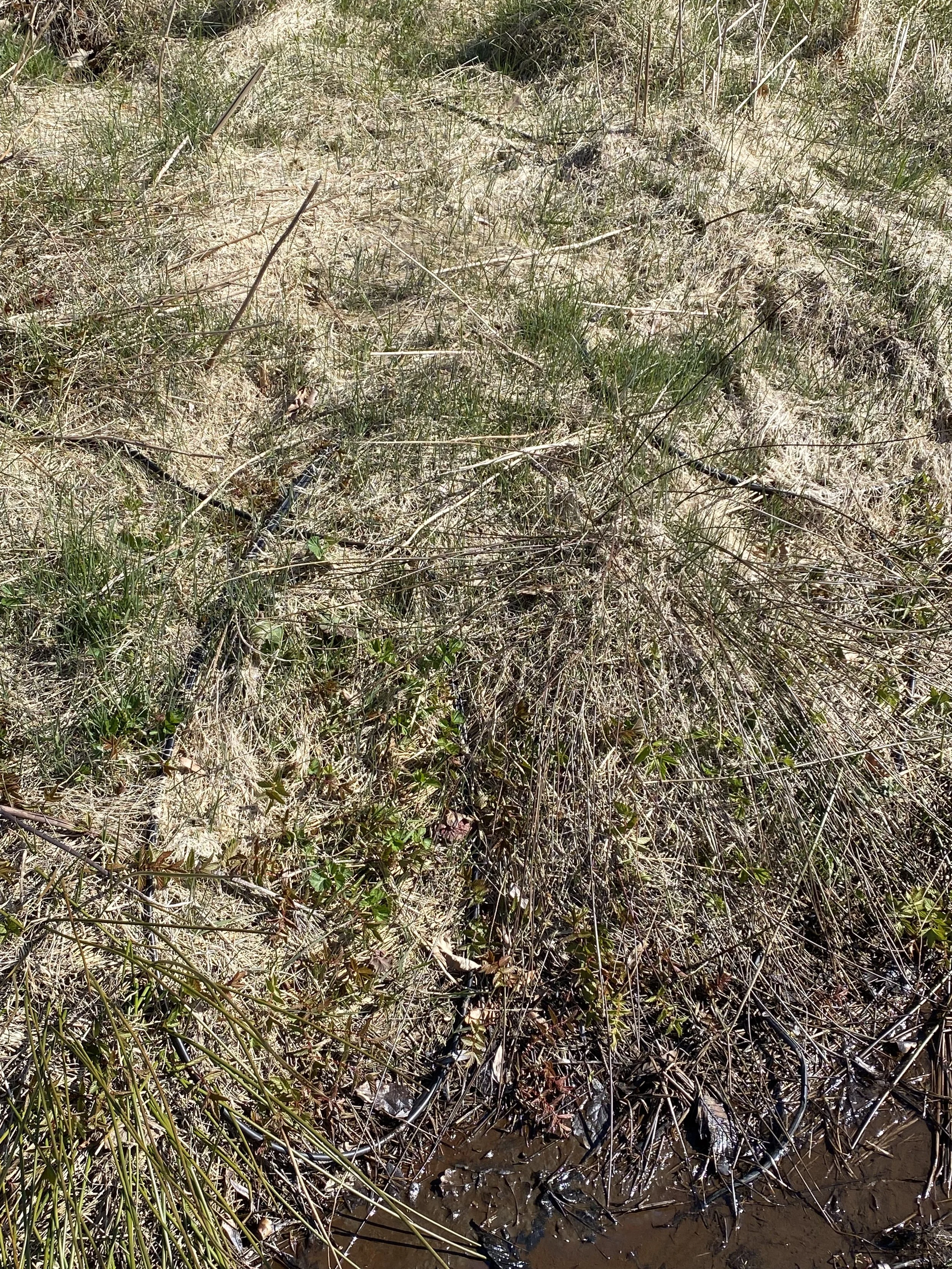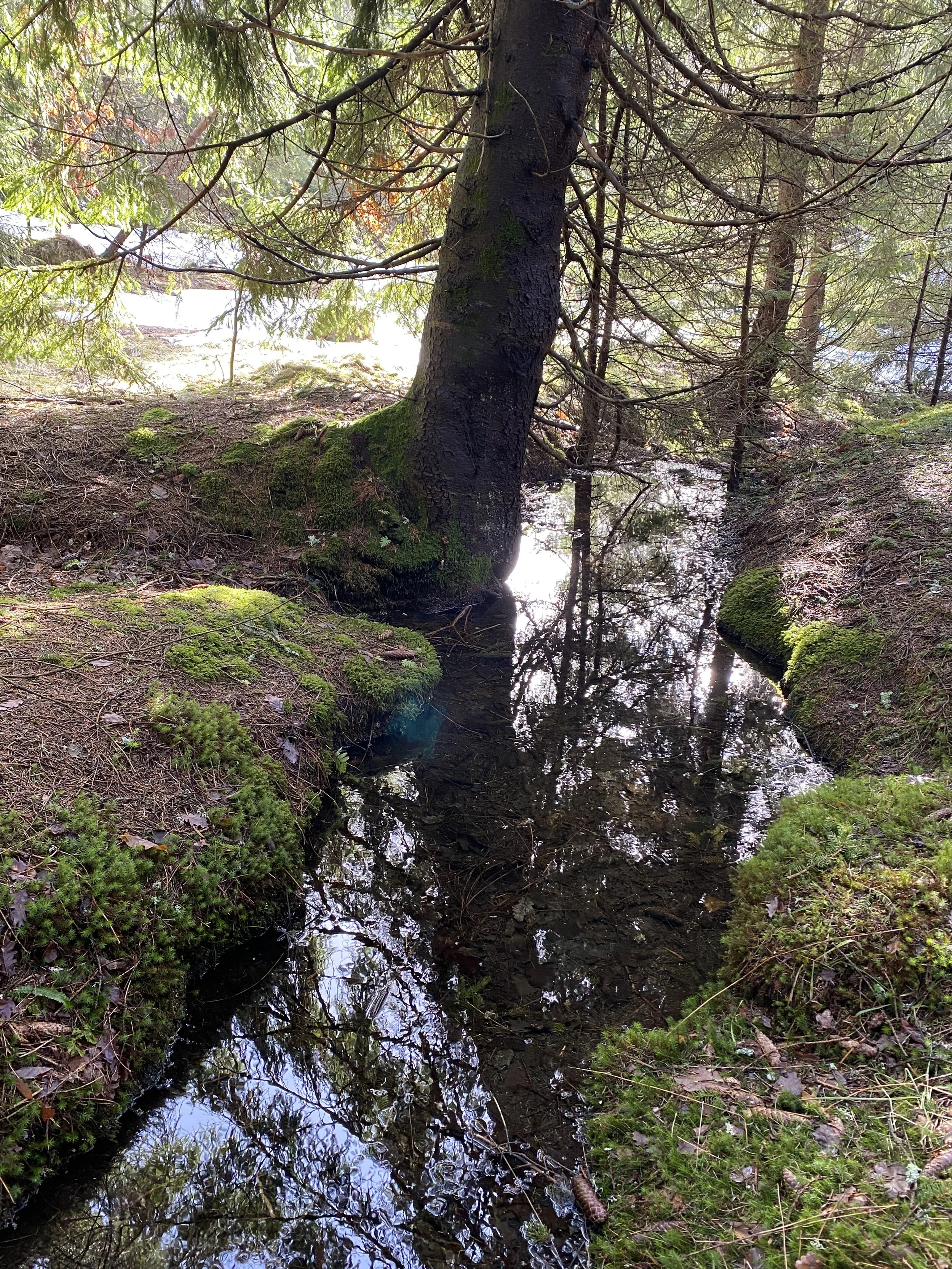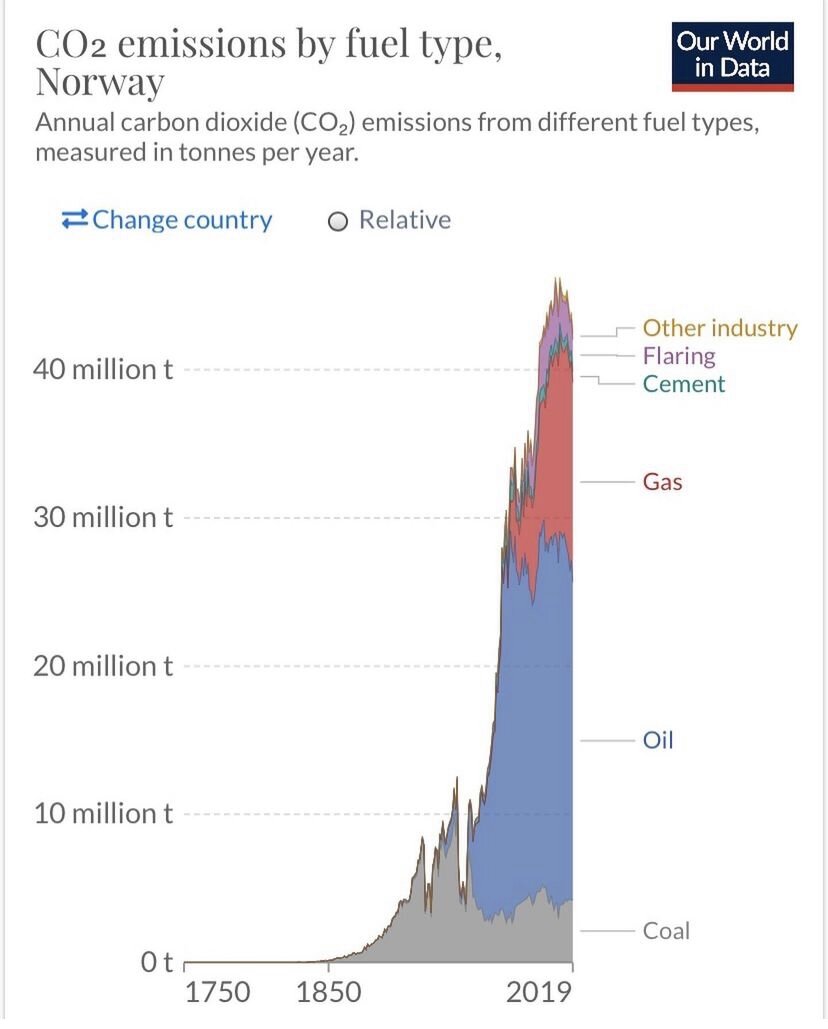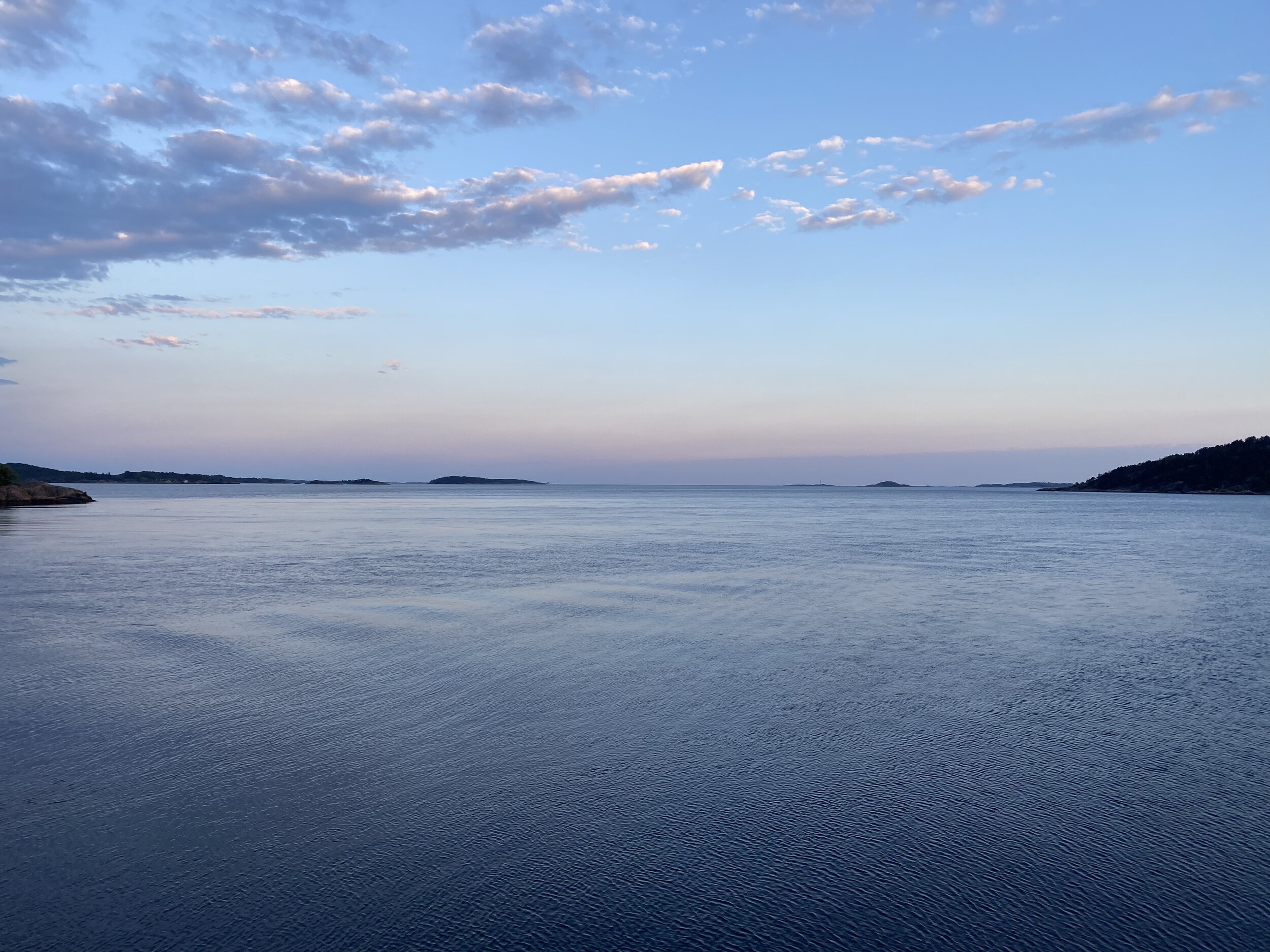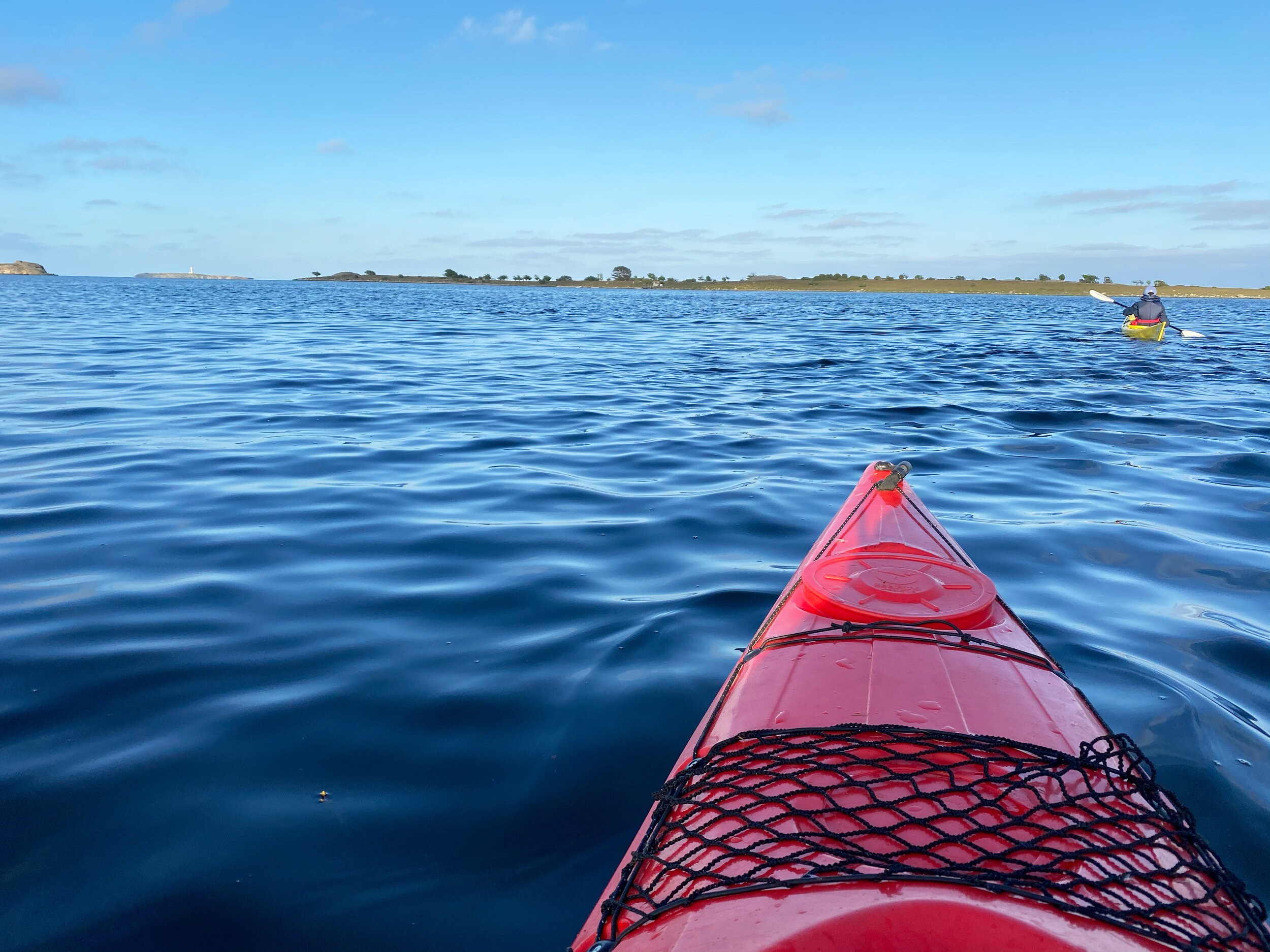This week, the IPCC published the first part of the Sixth Assessment Report, Climate Change 2021: The Physical Science Basis. The findings are alarming. The photo I have included shows our world at different temperature scenarios.
As you can see from both the 1,5, 2 and 4 C temperature rise - the warming will be more severe at the poles. It is already known that due to the albedo effect, warming of the poles will increase global warming, as the white surface reflect more heat than dark melted waters.
LUCKILY - at least in Norway, there is going to be a national election on the 13th of September. It is vital that we vote in politicians who take this report seriously and understand the consequences of a warming world.
It is necessary for the world to abandon fossil fuels like oil, coal and gas. Norway is an oil and gas producing nation, that needs to turn of the oil tap and invest more in greener jobs. See the second and third picture from Our World in Data.
The report also states that we still have time - but we need to act now. Not in 15 years and not in 30, but right now. Now is the time to start making the right decisions for our common Earth. We already have the knowledge of what needs to be done. What we lack is political leadership and will to make it happen. So please, if you are Norwegian, please vote for our Earth this election. This is the time for good decisions.
